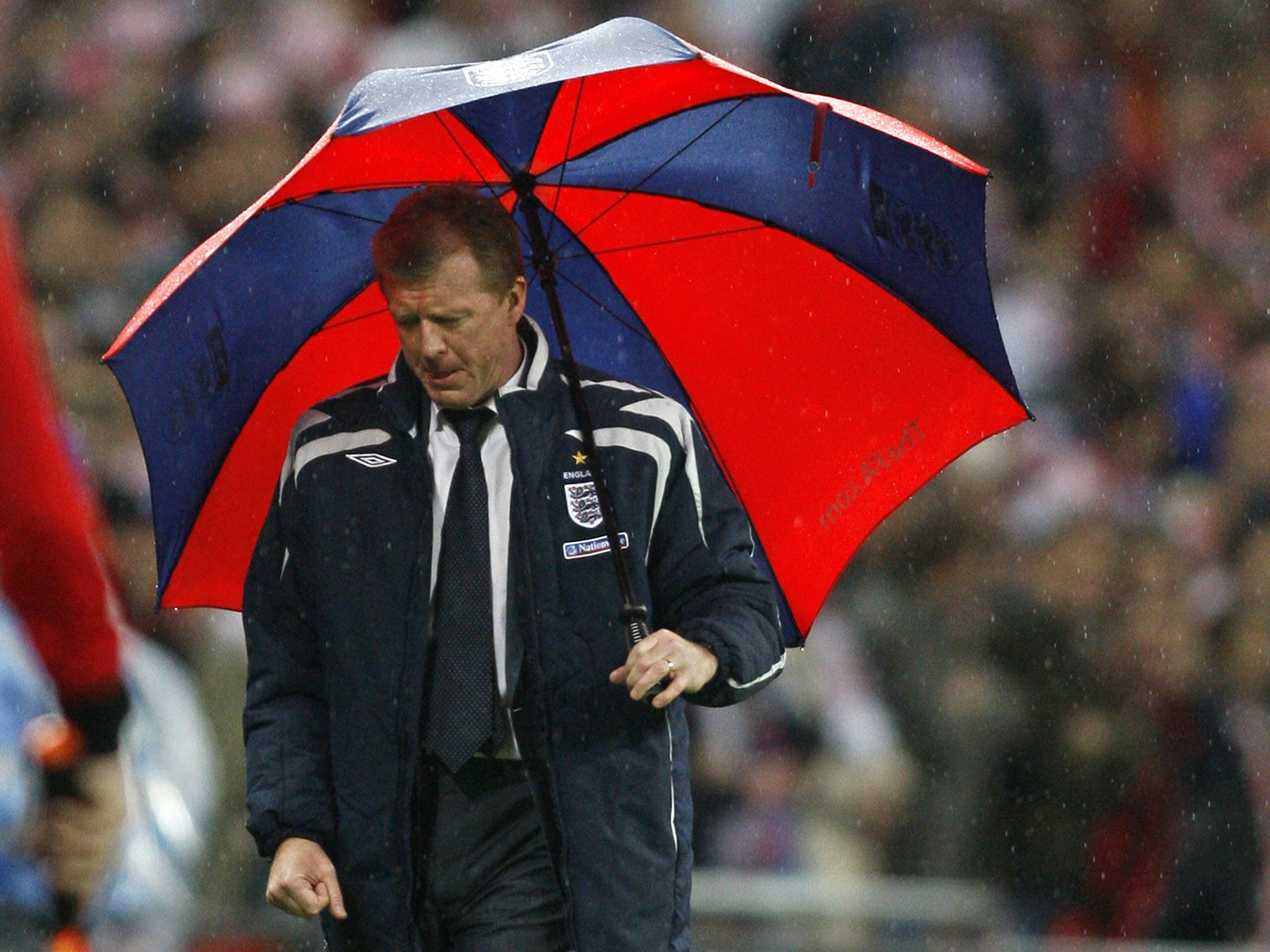Kevin Garside: Finally, a quiet coaching revolution is unfolding to right the wrongs of FA's stone-age past – and it is producing technically fluent kids
A delegation of coaches from Belgium are coming to see what we are doing right

The match of the season so far was ablaze on screens dotted around the Football Association's headquarters. As a template of how to play the game it could not have been more fitting, and the timing more apposite, since the audience was made up of licensed football coaches from grass-roots clubs up and down the land.
This is the body of men and women in whose hands the future of our game rests, the first contact for children coming into the sport. The gold standard was there before them at the Etihad, as was the problem at the heart of the professional game. The match between Manchester City and Arsenal featured only two Englishmen in the starting 22, the day's showpiece occasion largely a foreign affair, restating familiar arguments explaining England's failings on the international stage.
An hour after the final whistle blew the same coaches were witness to a similar display of wizardry and dexterity at St George's Park. The session was run by the head of coach education at the Dutch FA, Nico Romeijn. Through a series of four-a-side and eight-a-side exercises, we saw first-hand how Robin van Persie, Wesley Sneijder and Arjen Robben learnt the game, Dennis Bergkamp and Ruud van Nistelrooy before them, all the way back to Johan Cruyff half a century ago.
The session was a revelation not so much for the lessons it delivered but the technical and tactical dexterity of the boys doing the singing and dancing, all English and all from the Under-15 squad at Birmingham City. I would take one pint-sized magician with a left-foot like Leo's to Brazil and throw him in. The performance of this crop of elite nippers presents a problem for those who argue that English footballers inherently lack technique. They don't. What we have suffered since the dark days of the 1970s is systemic failure.
Trevor Brooking winces when he looks back at his own education as a footballer, which was non-existent until he reached professional status at West Ham and came under the tutelage of Ron Greenwood, who ingrained in him the need to take the ball on the half-turn, to be aware of space and to problem-solve on the pitch. Not everybody had a Greenwood.
Brooking traces the nadir to the expulsion of English clubs from Europe in the Eighties and the prevalence of the route one philosophy of Charles Hughes as expressed by Eighties marauders Wimbledon and Watford. "It was long ball into the corners, go for a long throw, etc, football by numbers. Midfield players like me would have been redundant in that system."
The institutional mood changed under former FA chief executive, Mark Palios, who appointed Brooking a decade ago as director of football development. But it was not until England's failure to qualify for the European Championship under Steve McClaren that the need for radical change was accepted. Brooking identifies 2008 as year zero from which the vision for St George's Park took shape.
Fifteen years ago only one per cent of club coaches in England boasted a recognised credential. Eight-year-old boys were still playing on full-sized pitches. We have come a long way, if not all the way. In January a delegation of coaches from Belgium will descend on St George's Park to observe coaching practices and see what we are doing right. Yes, you read that correctly, a group from a country heading to Brazil as the fifth-most fancied to win the World Cup is coming here to observe the initiatives at the centre of FA Learning.
A quiet revolution is unfolding which is righting the wrongs of our stone-age past. The focus is on youth development, on producing age-specific coaches whose expertise is targeted at kids from 5-11 and remains in the sector. By 2017 the aim is to have 40,000 qualified coaches supported by 300 FA grass-roots mentors. The system, as demonstrated by those Birmingham minstrels, is already producing technically fluent kids. Brooking reckons by 2018, 10 years after Steve McClaren stood hopelessly beneath his brolly as England failed to qualify for the European Championship, football's mother country will present a different landscape.
More than 1,000 licensed coaches will have passed through the doors of St George's Park to attend the FA Licensed Coaches Conference, which ends today. None earns a bean out of the game. They do it for love and pay their own way. The hope is to connect the base of the pyramid to the top through an integrated club network, in which coaches are supported by the FA and the professional game.
Some professional clubs, like Norwich City and Milton Keynes Dons, are switched on and active in their communities, sending out coaches to spread the love. Others are not. So if you are reading this, Burnley FC, your country and your neighbourhood need you. Give Derek Boyden and Peter Ferguson a bell at nearby Rossendale United Juniors and offer your coaching services. Their kids would love a session in bone fide Burnley bibs. You never know, you might find a Messi on the moors.
Subscribe to Independent Premium to bookmark this article
Want to bookmark your favourite articles and stories to read or reference later? Start your Independent Premium subscription today.

Join our commenting forum
Join thought-provoking conversations, follow other Independent readers and see their replies